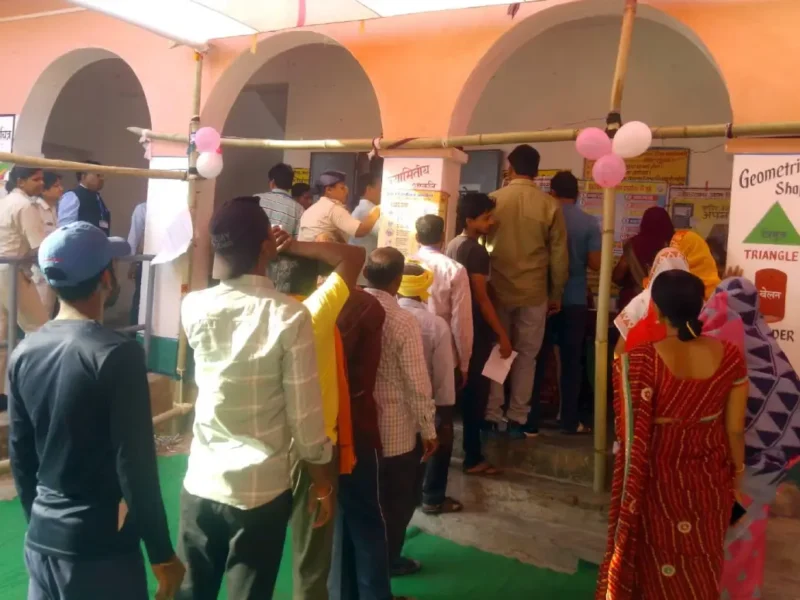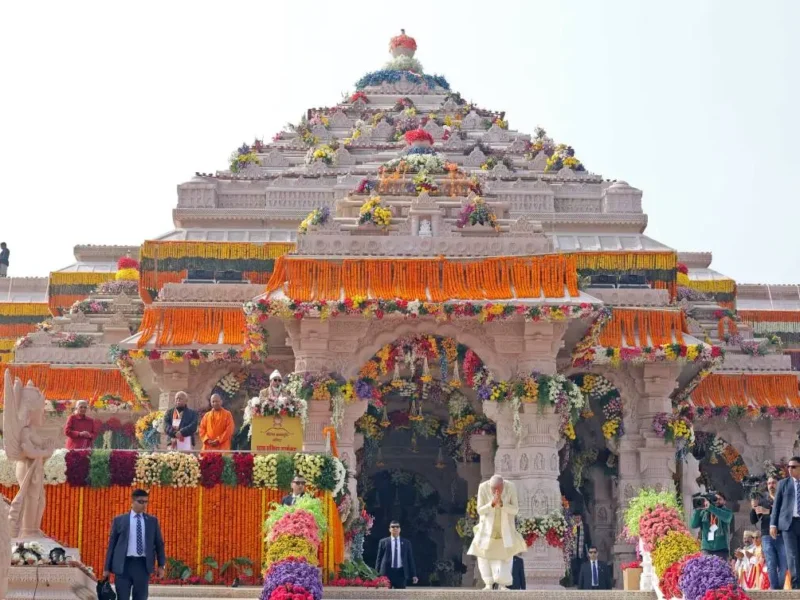
Revisiting American Democracy
By T.S. Khanna, Alamo, CA
It is interesting to note the historical development of democracy. Up until the Renaissance period, 14th to 17th century, in Europe, human intellectual development was blocked by religious faiths, each faith with its own unquestionable belief system in the name of God, beyond human intellectual logic. Religious hierarchy dominated as dictatorial government over the followers of the religion.
During the Renaissance (the period of intellectual activity), some religious beliefs were challenged and proven incorrect. People felt rewarded by the interchanging of ideas generated by questioning minds, overriding religious beliefs. The new values, based on human logic, facilitated innovations for improving their standard of living.
Independent thinking and individual freedom gained popularity in the European mind, eventually establishing a democratic government, independent of religions, in the USA.
As a reaction to dictatorial King George III, in designing the democratic government, the Founders laid emphasis on individual freedom, human rights, and checks on government’s power over people. Since the inception of the Government (adoption of the Constitution) in 1787, American people made a remarkable progress in various scientific fields benefitting the common man, unprecedented in history.
Today, the American people enjoy the highest standard of living in the world.
However, for the last six decades, American democracy has been showing signs of fatigue, while still working under the originally adopted Constitution. Now the country is so divided that democracy is threatened. It seems, as a starter, some crucial areas may be revisited to reinvigorate American Democracy:
· Need for quality control of elected official.
· Freedom of speech without accountability.
· Political impact of cultural diversity.
· Elections, too frequent and at too many levels causing social splits.
· Human rights without attendant obligations.
· Need for Fair Wages Commission, the Unions should not decide their wages, the open market should, for competitive pricing and quality of products.
· Need to limit the Supreme Courts powers of judicial review of Congress enactment of laws.
· Need to superimpose polity unifying Collective Democracy over the current splitting Representative Democracy; and,
· Need for uniform election laws for all states and a National Election Commission with adequate power to enforce fair election.
(This submission has not been edited)




